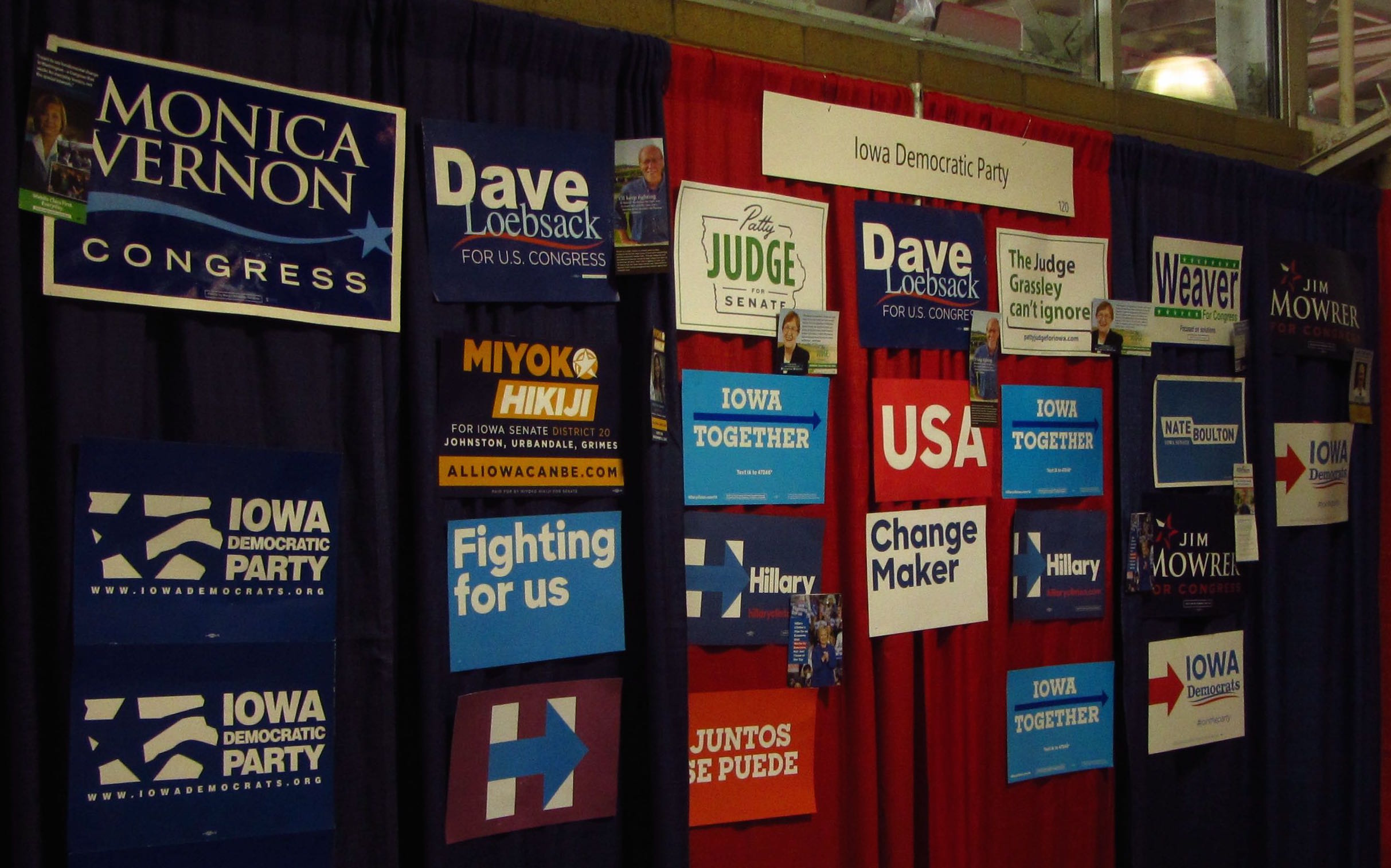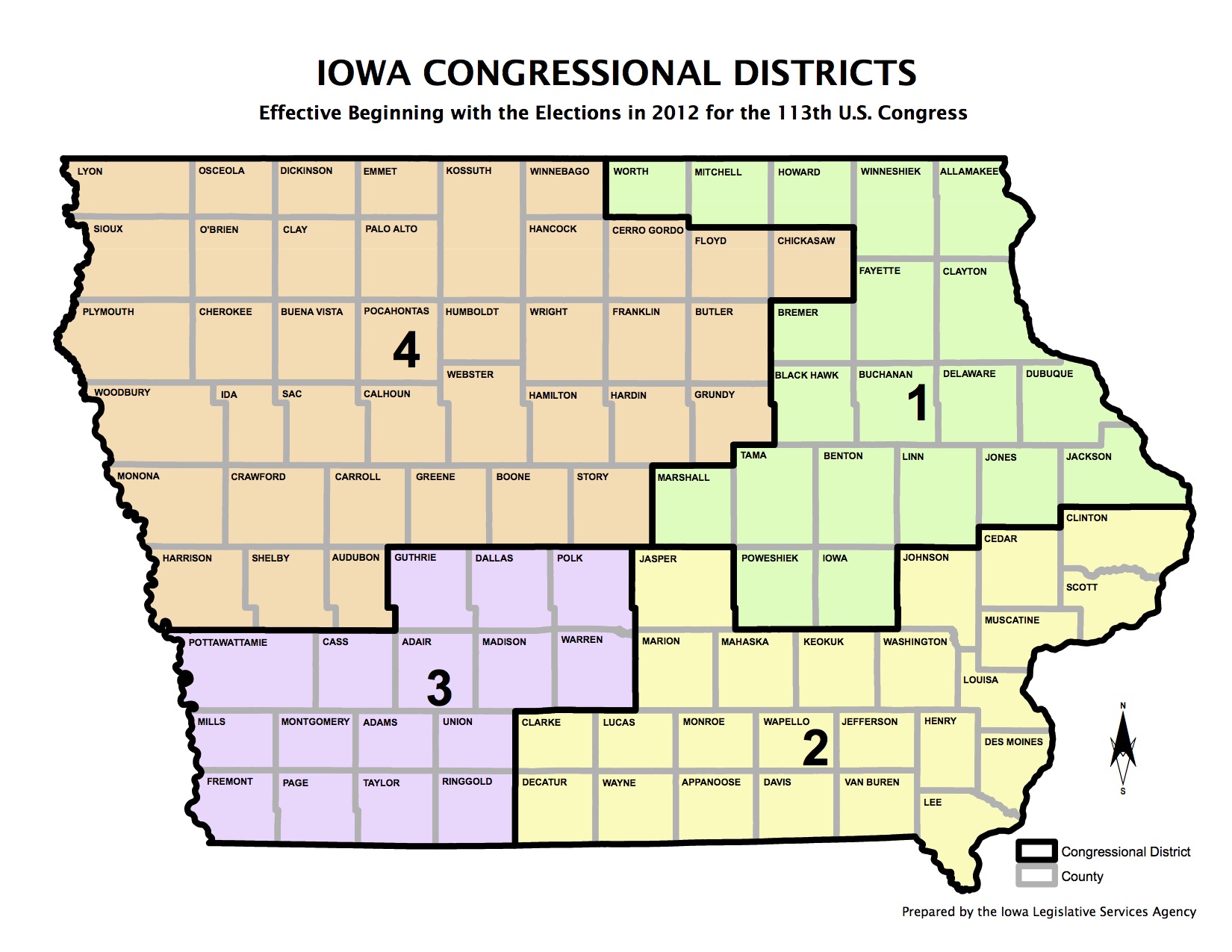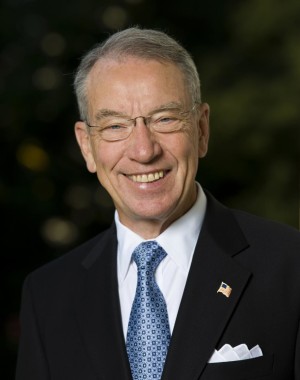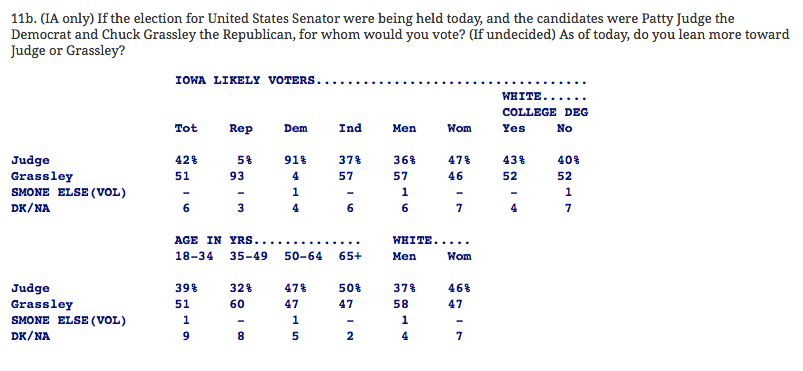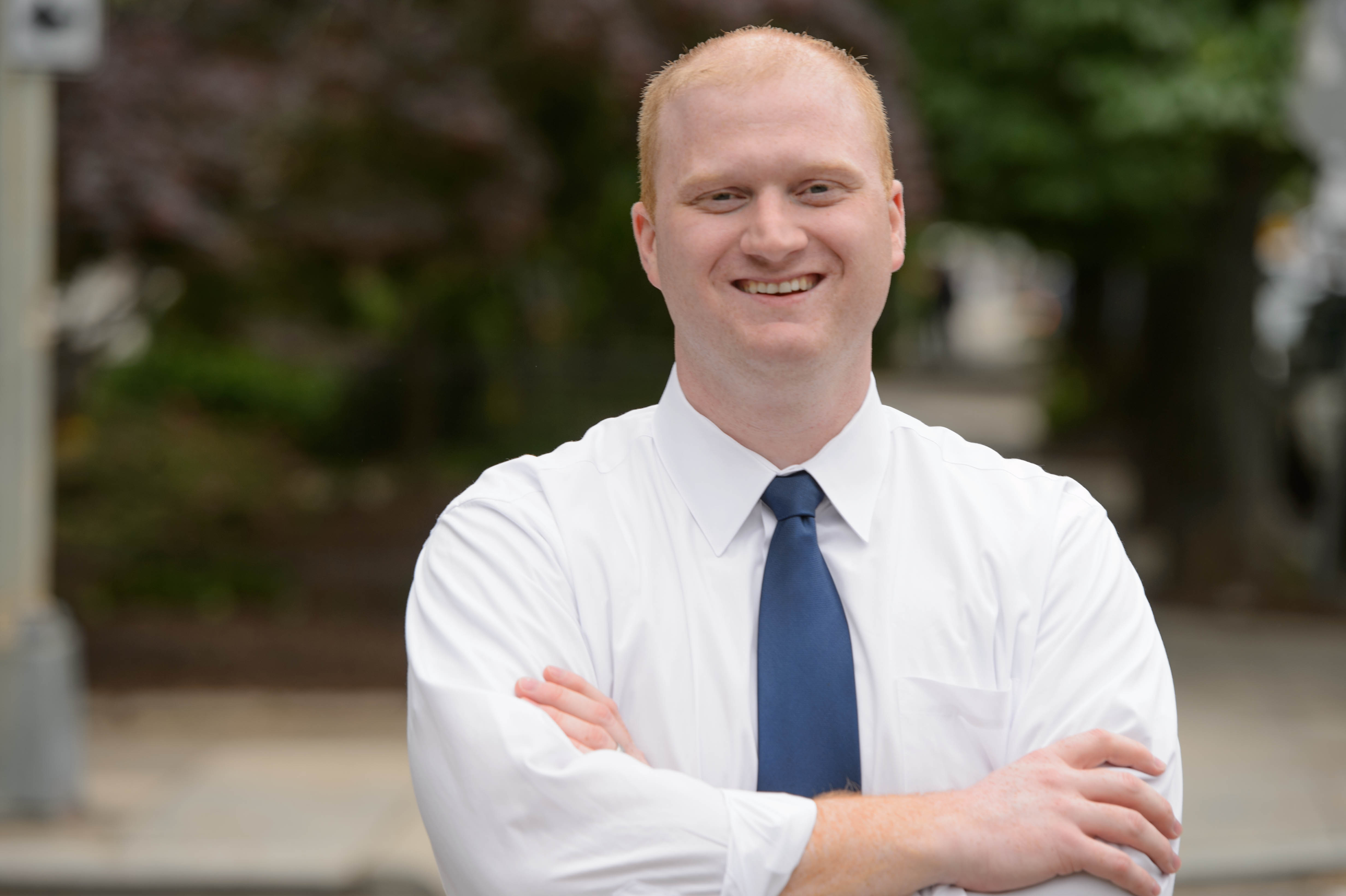Among the dozens of potentially competitive Iowa House and Senate races (a collateral benefit of our state’s non-partisan redistricting process), the contest in House district 51 will be one of the most closely watched. GOP State Representative Josh Byrnes immediately put this northeast Iowa seat on the top tier of Democratic pickup opportunities when he decided not to run for re-election. The district covers Worth, Mitchell, and Howard counties, plus a small area in Winneshiek County, not including Decorah. Scroll down to view a map.
Democrat Tim Hejhal, a retired lieutenant colonel in the Iowa Air National Guard and principal of Osage High School (Mitchell County), is running against Republican Jane Bloomingdale, an accountant and tax preparer who is mayor of Northwood (Worth County), where she previously served 17 years on the city council. Hejhal and Bloomingdale were unopposed in their respective party primaries. A former Iowa GOP State Central Committee member who had declared plans to run in district 51 did not file for the seat. I enclose more background on Hejhal below; I was unable to find an official campaign biography for Bloomingdale.
House district 51 is a must-win seat for Democrats hoping to gain control of the state House, where the party currently holds 43 of the 100 seats. Though the GOP has a registration advantage, the plurality of voters are affiliated with neither party. According to the latest figures from the Iowa Secretary of State’s office, House district 51 contains 5,139 active registered Democrats, 6,418 Republicans, and 7,811 no-party voters. President Barack Obama received 55.19 percent of the vote among the district’s residents in 2012. Only two Iowa House districts currently held by Republicans voted to re-elect the president by a larger margin. One of them was House district 58, another open seat in eastern Iowa likely to be targeted by both parties.
Whether either party’s presidential candidate will have coat-tails here is hard to guess. In the February 1 caucuses, Donald Trump narrowly won Mitchell and Howard counties, nearly tying Ted Cruz in Worth. Hillary Clinton carried Mitchell County, while Bernie Sanders won Howard and Worth.
Intensifying the focus on this part of the state, House district 51 makes up half of Senate district 26, where Republican Waylon Brown is challenging State Senator Mary Jo Wilhelm. Both parties and a number of interest groups are heavily involved in that Senate race, which could determine control of the upper chamber. Democrats have had a campaign office up and running in Osage since early May. Iowa House districts are small enough for candidates to reach a significant percentage of voters in person, and Hejhal has been working the doors here, as have volunteers on his behalf. Bloomingdale has done some canvassing too and has had a campaign presence at various summer parades and festivals.
Neither candidate has raised much money for this race. Hejhal reported $2,650.00 in contributions through early May, and Bloomingdale took in $3,700 during the same period, loaning her campaign $500 as well. Through early July, Hejhal brought in another $5,020.00 and Bloomingdale raised another $5,825. (All contributions to both candidates came from individuals rather than political action committees.) The bulk of the money spent on this race will come from Democratic and Republican leadership committees.
Any comments on this or other state legislative campaigns are welcome in this thread.
Continue Reading...





